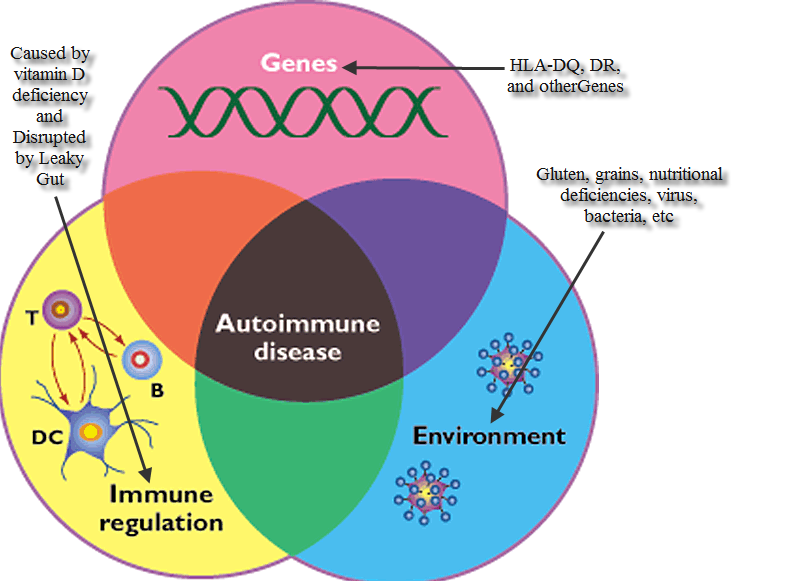
The immune system plays a significant role during pregnancy, protecting the mother against infections and diseases that may harm the fetus. A pregnant woman’s immune system slightly weakens making her prone to coughs, colds, fever, and flu. A pregnant woman can get by with cold and flu, but it is the medicine that is sometimes not good for the baby.
Abnormality in the immune system such as over-activity causes the body to attack and damage its tissues. This anomaly is what we call an autoimmune disease. Anyone can acquire an autoimmune disease, even a pregnant woman.
There are many autoimmune diseases, and some of these can affect pregnancy,

- Antiphospholipid syndrome is where blood clots form quickly and excessively. This disorder can often end up in miscarriage or stillbirth caused by pre-eclampsia or high blood pressure.
- Grave’s disease causes the thyroid gland to be hyperactive. Thyroid problems can significantly affect the baby’s growth. Check with your doctor regularly to monitor your thyroid hormone levels.
According to Kimberly Smith, PsyD, “The hippocampus is interesting to study because it’s the part of the brain that helps to form and retain new memories, and it is important in learning.”
- Systemic lupus erythematosus (SLE). When lupus antibodies pass the placenta, it can cause damage to the fetus where the unborn baby can have a very low heartbeat, low platelet count, or low white blood cell count leading to anemia. Most women with SLE may have a history of repeated miscarriage. Sometimes, the fetus does not reach its potential growth and can end up in preterm labor. It’s not just the baby who is often at risk but also the mother. It is essential that you wait until the disease is inactive for at least six months before trying to conceive and make sure that your blood pressure and kidney functions are in their normal state.
- Myasthenia gravis is a weakness in the muscles. This disorder often doesn’t cause severe damage to the fetus, but the mother needs to take increasing doses of medications to treat the disease. The antibodies responsible for this disorder can cross the placenta, and there is a tendency that the baby will be born with the same illness.
Here’s a fact from Julie Bjelland, LMFT: “There are so many health issues in the highly sensitive population as a result of an overloaded sensitive nervous system.”
- Rheumatoid arthritis can develop during or after pregnancy. This disorder does not directly affect the fetus but can make delivery difficult because arthritis damages the hip joint and the lower spine. There may be fewer symptoms during pregnancy, but they will come back after birth.
- Immune thrombocytopenia or ITP causes the number of platelets in the bloodstream to decrease. Platelets aid in our clotting process. If the body produces very few platelets, excessive bleeding can occur to both the mother and the baby.
So far, there is no cure yet for most autoimmune diseases, but continuous studies are being conducted to look for ways to treat the disease. You can benefit from a healthy lifestyle, such as a healthy diet, regular exercise, rest, and stress management. You can ask your doctor for medications that can help in managing your symptoms and some interventions that can help slow down the progress of the disease.

There are some pregnant women with autoimmune disorders that were able to enjoy a healthy pregnancy as long as they follow the treatment plan given by their physicians and keep up with their follow-up checkups.
According to “Whatever techniques help you slow down, repetition is key to success.” – Dave Johnson, PhD, CNS, BC, LMFT
Take care of your health to assure the baby’s wellbeing.
